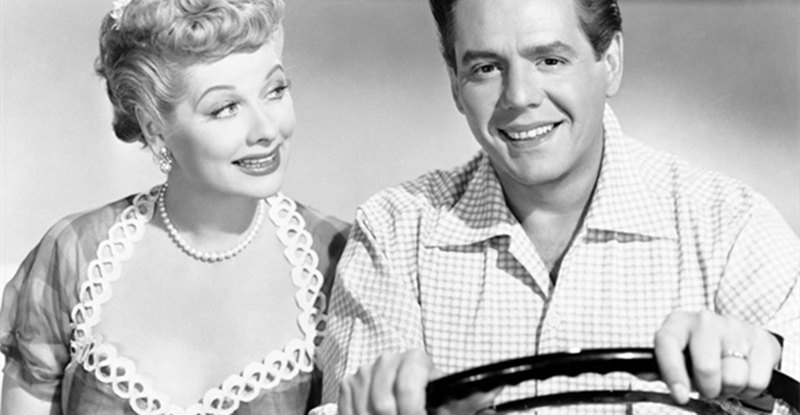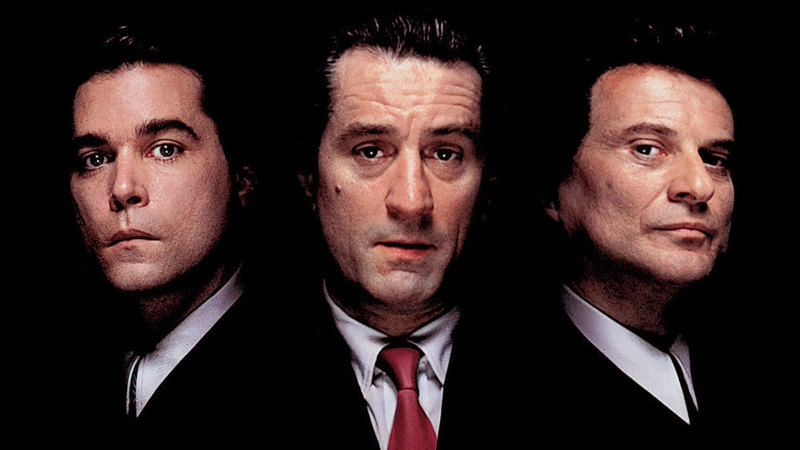“Shanghai Noon” isn’t just a fun pun on the Gary Cooper classic Western, “High Noon.” It’s a clever variation on the buddy cop picture, with Jackie Chan showing both his comic chops and his martial arts skills, and Owen Wilson doing what he does best—playing a laid-back, chick-magnet California surfer dude (this time, in the body of an Old West train robber) whose tongue-in-cheek verbal riffs are as funny as any stand-up routine. The two have great chemistry together, and the original concept plus a first-time feature director give them plenty of room to ad lib.
Although “Shanghai Noon” is rated PG-13, you rarely feel that young eyes should be shielded. There’s alcohol and drug use, but it’s played for laughs. There’s a brothel, but it just looks like Wilson’s character is popular with the ladies. There’s plenty of martial arts violence, but it’s imaginatively choreographed and, for the most part, also played for big laughs. There’s a little language, but the most blatant example occurs in subtitles. Yes, it’s a little weird when the boys have their Viagra moment in side-by-side bathtubs—eventually ending up in the same one—but this film is more comedy than action film, and more action film than it is a Western.
As John J. Puccio wrote in his DVD review, “’Shanghai Noon’ is not so much a laugh riot as it is an affable romp . . . but this time Chan has the advantage of a unique setting for a Chinese hero, as well as a partner who’s as easygoing as he is. The result is fluff, to be sure, but pleasant fluff . . . .”
Chon Wang (Chan) is a member of the Royal Guard who leaves the Forbidden City with his uncle and three other guards to ransom Princess Pei Pei (Lucy Liu), who is being held in Carson City, Nevada. Along the way he runs afoul of a gang whose leader (Wilson) has lost all control of his minions. A series of unfortunate events brings them together as partners faster than you can say Lemony Snicket. There’s a formula at work, and some of the montages feel a bit long and obligatory, but “Shanghai Noon” is still great fun, with plenty of wink-wink humor. “John Wayne? That’s a terrible name for a cowboy!”
That’s not the case with “Shanghai Knights,”the throw-in movie on this double feature that tosses more language and blatantly sexual situations at you. The language stands out more in the sequel, as well. Frankly, so does everything else. Whatever elements made “Shanghai Noon” a success were duplicated times five. Subtlety is not this movie’s middle name. The fun banter over cultural differences and Chinese names and Chan’s comic fight sequences are more over-the-top in “Shanghai Knights”—in one instance, a fight with Chan using umbrellas turns into a “Singin’ in the Rain” homage—and the violence is a little more graphic.
Director David Dobkin decided to shine the spotlight more on Chan and his martial arts antics in “Shanghai Knights.” He also opted for an anachronistic everything-British soundtrack and took the name game from the first film (Wilson’s pronunciation of Chon Wang as John Wayne, and his real name being a huge large Wild West figure’s) to where now we get a street urchin named Charlie Chaplin and a Scotland Yard inspector named Arthur “Artie” Doyle—with Wilson’s character giving him the name for his fictional detective.
In “Shanghai Knights,” Wang learns that his father, the keeper of the Imperial Seal, has been murdered and the seal stolen. He goes to New York City to look up his old pal Roy O’Bannon, who has been secretly ghost-writing dime novels mythologizing his western exploits while working days as a water and nights as a gigolo. Wang’s sister (Fann Wong) tracked the murderer to London, which is where the partners go in order to get her out of prison and take on the bad guys—an ambitious British lord who wants to be king (Aidan Gillen) and a would-be emperor of China (real martial arts expert Donnie Yen). Their mission to bring back the seal suddently turns into something more . . . and their antics are enough to get them knighted in the end, as the title implies. It’s entertaining enough, but fans who loved the tone of the first film will miss the honest energy and originality that, in the sequel, turns to formula and glitz.
Video:
The video looks exceptionally sharp, though purists may grouse that edge enhancement was noticeable in a number of places. The filmic grain shows up more in scenes with atmospheric or diffused lighting. Otherwise, the surface is slick and the detail sharp. Colors are bright and bold when they’re supposed to be, and the murky browns and tans of the Old West still look rich-hued. That goes for both films, which are presented in 2.35:1 aspect ratio.
Audio:
The audio is a surprise, though. Both films are presented in a simple Dolby Digital 5.1, with English, French, and Spanish audio options (2.0 Spanish on the sequel) and subtitles in English SDH, French, and Spanish. Still, I have to admit that the sound is still full and rich, and the rear speakers have enough involvement to make the atmosphere come alive.
Extras:
DVD bonus features are ported over for both films. “Shanghai Noon” features include deleted scenes, production featurettes, an “action overload,” an Uncle Kracker music video, and an audio commentary featuring Chan, who executive produced the film. “Shanghai Knights” features deleted scenes, a special documentary on the fight choreography (the best of the bunch), another “action overload” montage of fight sequences, and two audio commentaries: one with the director, and another with writers Alfred Gough and Miles Millar.
Bottom line:
“Shanghai Noon” is a solid seven on the DVD Town scale, but the sequel hovers between a five and a six, depending on the mood you’re in when you watch their shenanigans. They’re both entertaining, but the sequel is less original and more overdrawn. My rating is based on the fact that I consider “Shanghai Noon” the main feature and “Shanghai Knights” a bonus.


